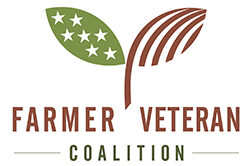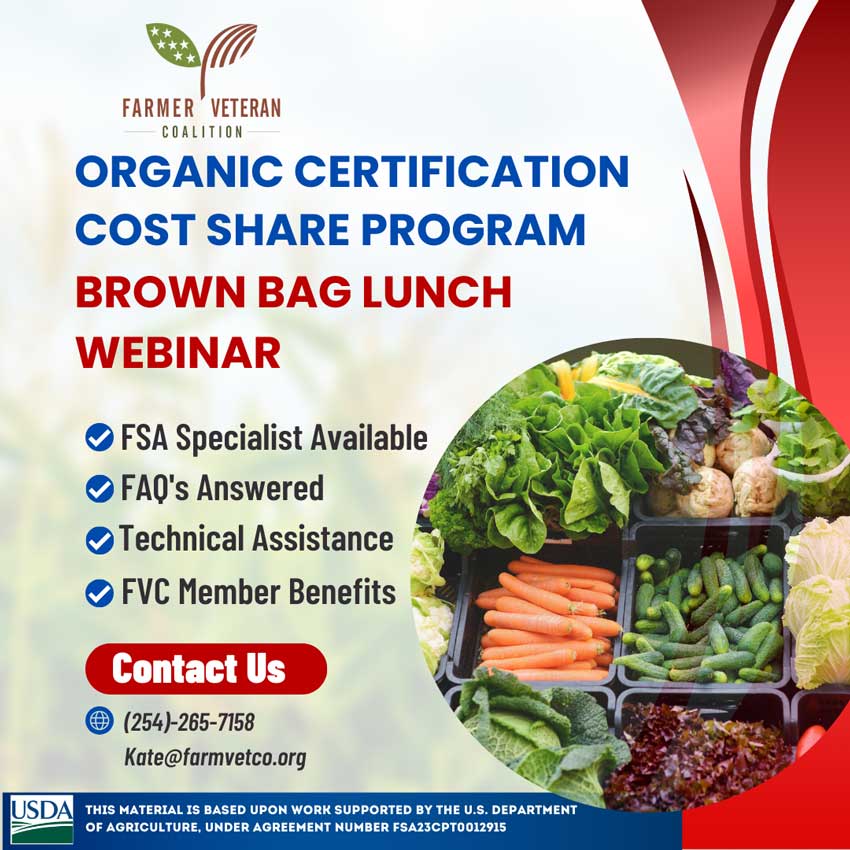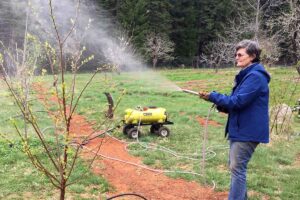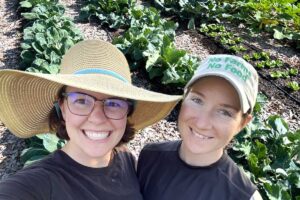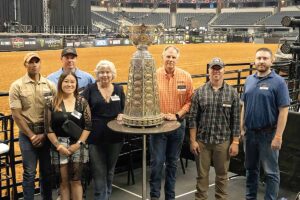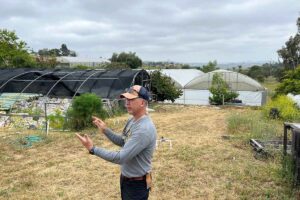During last month’s Brown Bag Lunch Webinar we discussed the Farm Service Agency’s Organic Certification Cost Share Program (OCCSP). While organic operations have some additional cost and paperwork burden over conventional production, if the customer base exists in your market, desirable premium prices can be fetched.
Back in the early 2000s this program was launched with $5 million to an enthusiastic response. With more than 90% of U.S. farms classified as “small” with a gross cash farm income of $250,000 or less, the USDA began strategically expanding its support of those small- to medium-sized operations.
The Organic Certification Cost Share Program is one of those programs and it will refund up to 75% of your certification costs per scope (or category) of organic certification, with a maximum of $750 per scope.
The eligible scopes are crops, wild crops, livestock, and processing/handling. Operations in California also can be reimbursed for 75% of their State Organic Program registration fees up to a maximum of $750. Eligible costs would be application fees, inspection fees, certification costs, state organic program fees, user fees or sale assessments, and postage.
The first step to take if you are interested in this program is to speak to your county FSA specialist and make sure your farm number and common forms are up to date; and at the same time review your eligibility.
Look into your state or regional organic farming advocacy group, review the regulations in conjunction with your business plan, and connect with your state FVC chapter to see what resources are available.
This program is for certified organic producers and handlers who have paid certification fees to become newly certified or re-certified for specific scopes under the National Organic Program (NOP).
The NOP is a federal regulatory program that develops and enforces consistent standards for organically produced agricultural products sold in the United States. It also accredits third-party organizations to certify that farms and businesses are meeting the national organic standards. A comprehensive online learning library is available online at the Organic Integrity Learning Center.
The USDA doesn’t certify organic operations directly, but instead accredits third parties to inspect and approve farms. About 50 certifiers are in the U.S. and inspectors conduct on-site visits of applicant’s operations.
The first year is the most challenging for farmers as there could be significant on-farm changes to be made and the paperwork is more significant. Subsequent years are generally more streamlined and just require a renewal and on-site inspection. USDA has an Organic Made Simple Guide that helps new-to-organic producers gain pertinent information.
While the paperwork piece is often the most overwhelming step of the organic certification process, it’s an essential part of successful farming. Alabama cattle farmer Josh Creech always says, “You can’t manage what you don’t measure,” and that’s highly applicable when wanting to create a financially sustainable operation.
Whether you’re applying for a USDA operating loan, an Emergency Relief Program, or OCCSP, if there’s no transaction records, receipts, or tax paperwork, a farmer is often out of luck.
When heading into your local FSA office to apply for this program it’s a fairly simple process. A brief application form needs to be filled out. You need to bring your W-9, proof of organic certification, and paid invoice of certification expenses.
Funds for this program are limited and applicants are paid on a first-come, first-served basis. While this program doesn’t take all the burden off for organic producers, it can help in a small way and is most impactful for our small- to medium-sized operations.
